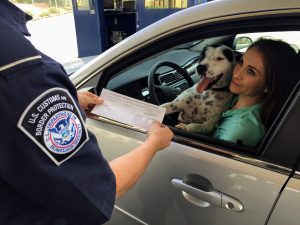Every year, thousands of immigrants are offered job opportunities in the United States by American employers. While many immigrants are granted temporary work visas, others seek permanent status through their professions so they can live in the United States permanently. However, the process (not the law) for earning a green card through employment-based sponsorship has undergone many changes over the past several months. Read more below about the changes that could impact your chances of earning a green card.
What is “employment-based” immigration?
Each year, the United States government permits approximately 140,000 immigrants to earn green cards through their employment. Currently, the United States considers five separate categories of workers for these visas.
The first category for a permanent worker visa (green card) includes those who possess extraordinary ability in their field, are high-level executives or managers, or are outstanding professors or researchers. The second category includes individuals with advanced degrees or who possess exceptional ability in their field. Third, the United States considers skilled workers or professionals for permanent status followed by unskilled workers. The fourth category includes religious workers, and the fifth category relates to high-dollar investors.
How do you get permanent residence through employment-based immigration?
Generally speaking (with limited exceptions depending on the category), your employer will be required to obtain a labor of certification from the U.S. Department of Labor first. Next, USCIS must approve the immigrant petition to be processed and you will be required to submit a number of documents and pay the necessary application fees.
The Visa Interview Process
Prior to October 2017, those seeking adjustment of status to permanent resident status through employment were normally not required to appear for an in-person interview at USCIS. Their applications were adjudicated on paper only. Now, you and any family members will be required to attend an in-person interview with USCIS. During this interview, you will be asked very detailed questions about information in your application, including any discrepancies or criminal history. The interview will take place at your local USCIS field office and you will be required to bring any documentation relating to your work, residency in the United States, and familial relationships.
Conclusion
Completing your employment-based immigration application is complex and becoming even more complex. There is room for error, which may delay or even derail your application. If you are applying for permanent resident status, allow us to guide you through the process and ensure that your application complies with federal laws and rules. Get in touch with our experienced immigration lawyers today!








